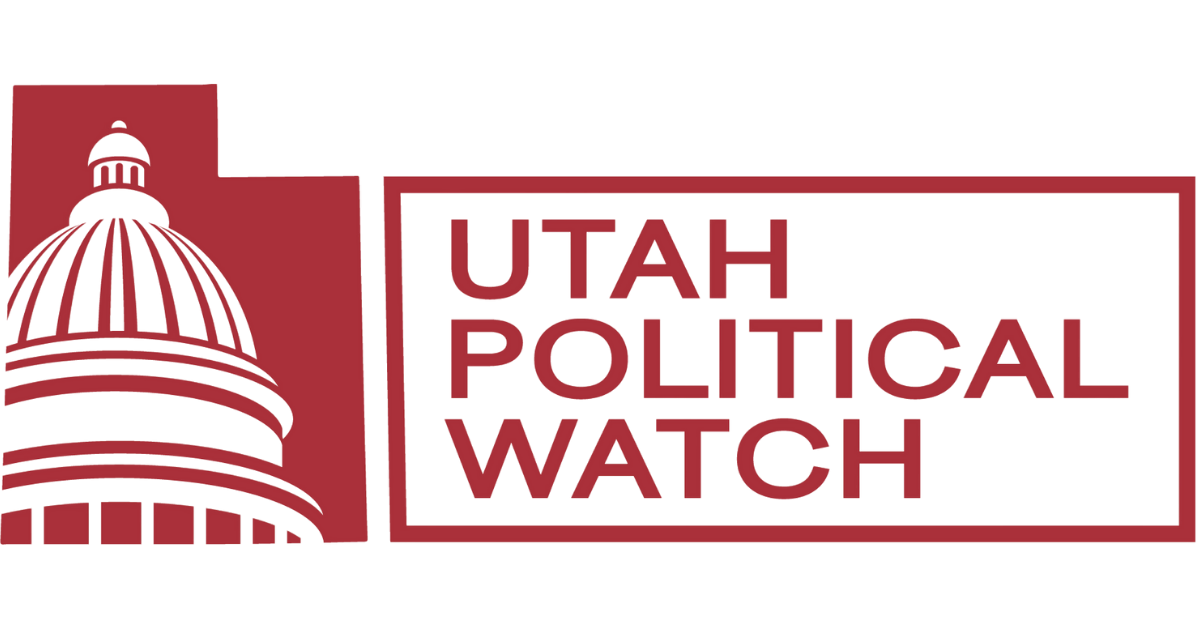Legislative Republicans are seemingly spooked that a plan to have the state take ownership of a coal-fired power plant slated for shutdown could lead to the Environmental Protection Agency imposing stricter environmental standards on the state.
Intermountain Power Agency is in the process of shutting down a coal-fired power plant near Delta and switching to a natural gas facility as part of its IPA Renewed program. IPA has an existing agreement with the EPA to shut down the coal-burning plant by July 1, 2025.
Worried about whether the state can keep up with the rising electricity demand, lawmakers passed SB161 on the second-to-last day of the 2024 session. The bill requires IPA to apply to the state for a new permit to keep the coal plant operating. The bill also created a mechanism that could force IPA to sell the plant to the state, keeping it operational.
In a June special session, lawmakers passed HB3004, which made a few changes to the law, most notably slowing down the process by extending the deadline for IPA to apply for the permit from July to the end of the year.
Before Gov. Spencer Cox signed SB161 into law, at least 15 local governments and organizations sent letters asking for a veto, which Cox ignored. They warned that keeping the plant running would break an agreement with the EPA and could prompt the agency to order the shutdown of the Millard County plant immediately.
In August, the EPA partially rejected Utah's state implementation plan (SIP) for reducing haze pollution from coal power plants. The EPA's Regional Haze Program aims to improve air quality and restore visibility in 156 national parks by 2064. States can propose changes to SIPs once every decade.
In its ruling, the EPA said Utah's plan was insufficient because it did not include a way to enforce pollution controls on coal-fired power plants. If the partial disapproval is finalized, the agency could enact a federal implementation plan (FIP) forcing Utah to enact stricter emissions regulations.
After Utah's plan was partially rejected, the EPA opened a 30-day public comment period that ended on Sept. 18. The agency specifically asked for comments related to the potential impact on regional haze from SB161 and HB3004.
More than 5,600 comments were submitted, including an unusual, coordinated effort by Senate Republicans and legislative leaders.
Shortly before the end of the public comment period, 16 Republicans in the Utah Senate sent identical letters to the EPA arguing that the legislation does not require a change to Utah's regional haze plan. Senate President Stuart Adams and House Speaker Mike Schultz also signed a nearly identical letter.
Those letters argued that the legislation does not require keeping coal-burning power plants operational but simply creates a "rigorous information-gathering and decision-making process" before any decision to keep the plant running.
The correspondence also states that the legislation requires the state to study the impact of keeping the facilities running on Utah's compliance with federal air quality standards.
"We want to emphasize that this legislation aims to strike a careful balance between the state's commitment to responsible, environmental stewardship and compelling interest in providing adequate, affordable, and reliable energy to Utah's citizens," the letters say.
One additional comment submitted by a Utah legislator was separate from the coordinated GOP effort. Sen. Nate Blouin, D-Salt Lake City, sent a letter that was highly critical of actions taken by legislative Republicans and Gov. Spencer Cox's administration.
"It is with great concern that I have watched the direction of regulatory policy in the state of Utah, shaped by actions of the legislature and executive branch, abdicate responsibilities to promote clean air for the health and welfare of our citizens and the economy of the state. Those charged with implementing aspects of the Clean Air Act are shackled by legislative overreach that puts state law in conflict with federal rules and regulations," Blouin wrote.
The EPA must make a final determination on Utah's plan by Nov. 22. Environmental groups are urging the EPA to finalize the partial disapproval.
Support from readers makes this publication possible.
Please consider becoming a paid subscriber or making a one-time donation.







